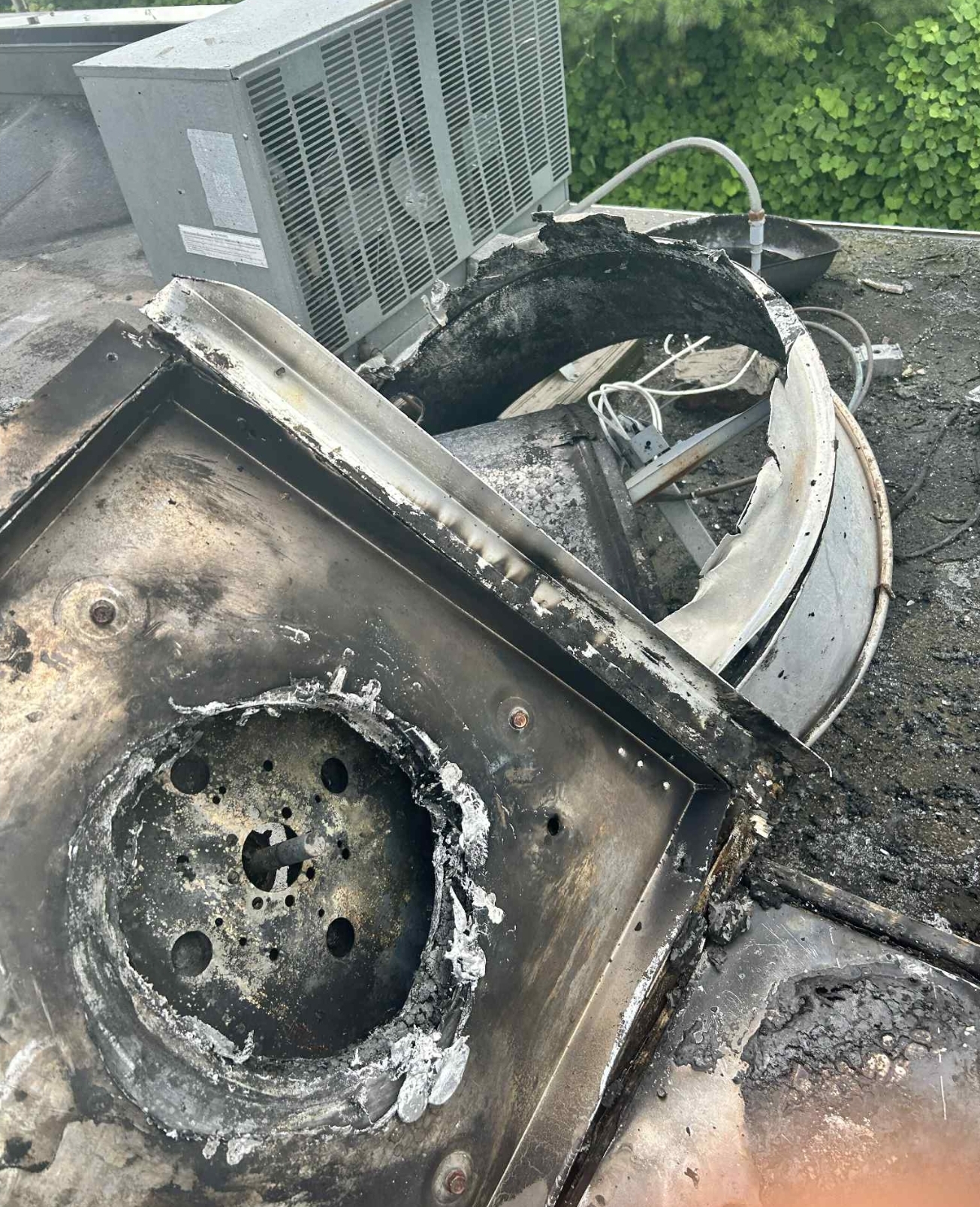Immunotherapy – Part of the astounding work done at St. Luke’s
Published 12:05 pm Monday, April 15, 2024
|
Getting your Trinity Audio player ready...
|
Last week’s article, part one of our series, introduced the “Astounding Work Done at St. Luke’s Cancer & Infusion Center – Molecular Profiling.” Today’s article is part two, which focuses on “Immunotherapy.”
Immunotherapy for cancer, also known as immuno-oncology, is a pivotal component of cancer treatment. It harnesses the body’s immune system to prevent, control and eradicate cancer. There are several variations, some using materials from living organisms and others using engineering to enhance immune cells’ cancer-fighting capabilities. Leading cancer programs now integrate immunotherapy treatments with surgery, chemotherapy, radiation or targeted therapies, underscoring its importance in the comprehensive approach to cancer treatment.
Immunotherapy targets cancer cells and can dynamically adapt to cancer mutations. It has a memory to target and destroy cancer cells if it returns. As research advances, immunotherapy’s precision will improve, and the treatment will be more personalized than today. The technology only works for some patients. However, research is leading to new strategies to expand the number of patients who may benefit from treatment with immunotherapy. Every cancer type is unique, and immunotherapy impacts each cancer differently.
Oncologists are using immunotherapy to treat bladder cancer, brain cancer, breast cancer, cervical cancer, ovarian and uterine cancer, colorectal cancer, head and neck cancer, kidney cancer, certain leukemias and lymphomas, multiple myeloma, liver cancer, lung cancer, skin cancer including melanoma, pancreatic cancer, prostate cancer, sarcoma and stomach cancer. Immunotherapy may also hold promise for esophageal cancer and some childhood cancers.
At St. Luke’s Cancer & Infusion, the providers have established care for patients with each of these malignancies with the exception of childhood cancer, as they provide adult oncology. Not all patients have required active treatment. Some, according to the program, only needed surveillance, while others required treatment which, at times, includes immunotherapy. Program leaders have provided some examples of case studies for the community’s educational benefit.
CASE STUDIES OF ST. LUKE’S PATIENTS
Case Study 1: The patient was diagnosed with anaplastic thyroid carcinoma (ATC). ATC is a highly aggressive form of treatment-resistant thyroid cancer and carries an abysmal prognosis. ATC is a very rare form of thyroid cancer in less than 2% of cases. The expected survival time after diagnosis is three to six months. The cancer is quite rare, and there are no known effective treatments.
Dr. Stephenson ran a molecular profile and learned the patient had a high expression of a marker (molecular immuno-signature) known to be extremely responsive to immunotherapy. After a conversation with the patient, the course of treatment was surgery, chemotherapy, and immunotherapy. Today, more than three years later, the patient remains cancer-free. Incredible!
Case Study 2: A patient was diagnosed with metastatic medullary carcinoma of the colon, which is extraordinarily rare (< 0.09% of all colon cancers). Chemotherapy is the standard course of treatment for this cancer. However, the patient’s molecular profile showed they possessed very high immuno-signatures. Through consultation with Dr. Stephenson, the patient and team decided immunotherapy gave the best chance of survival. Dr. Stephenson prescribed three infusions, twenty-one days apart. After the first infusion, the first node disappeared. And a scan done after the third treatment showed no sign of the cancer. This technology is transformational!
Germline testing on the patient’s family members revealed some had inherited the most common DNA mutation. They’ve since engaged in genetic counseling and entered St. Luke’s Prevention Screening Program.
Case Study 3: A patient engaged in St. Luke’s Lung Cancer Screening Clinic and was diagnosed with Stage 3 non-small cell lung cancer. The diagnosis came as a result of the lung cancer screening program the hospital has encouraged our community to participate in. The patient’s provider enrolled the patient, and St Luke’s Lung Cancer Screening Navigation team tracked the results. The patient had a low-dose scan in the fall, and prior to the holidays, other surgery and chemo. After the first of the year, following several cycles of chemo and immunotherapy, the patient had the joy of “ringing the bell” and will continue maintenance immunotherapy.
These exciting treatment developments provide optimism to patients at St. Luke’s. Dr. Stephenson and his team’s pioneering spirit is ushering in personalized, less toxic, and more effective treatments. This hope incites the relentless pursuit of a cure. I find us all very fortunate to have these cancer services right here in our home community!
If you have questions about anything mentioned in this article, contact Savannah Hightower, NP at at (828) 894-0111 or visit StLukesNC.org/cancer.






